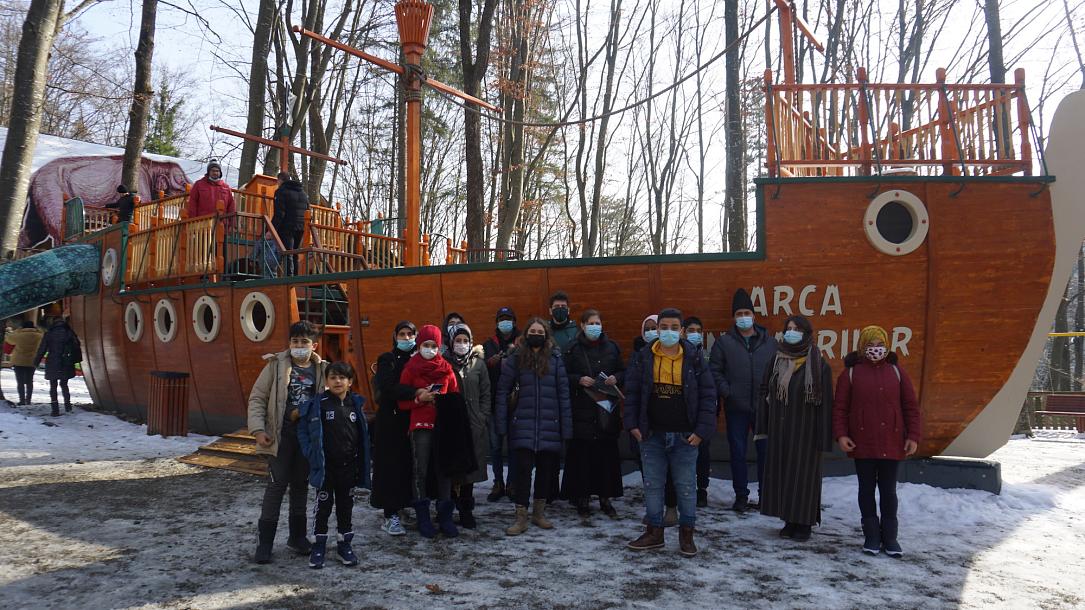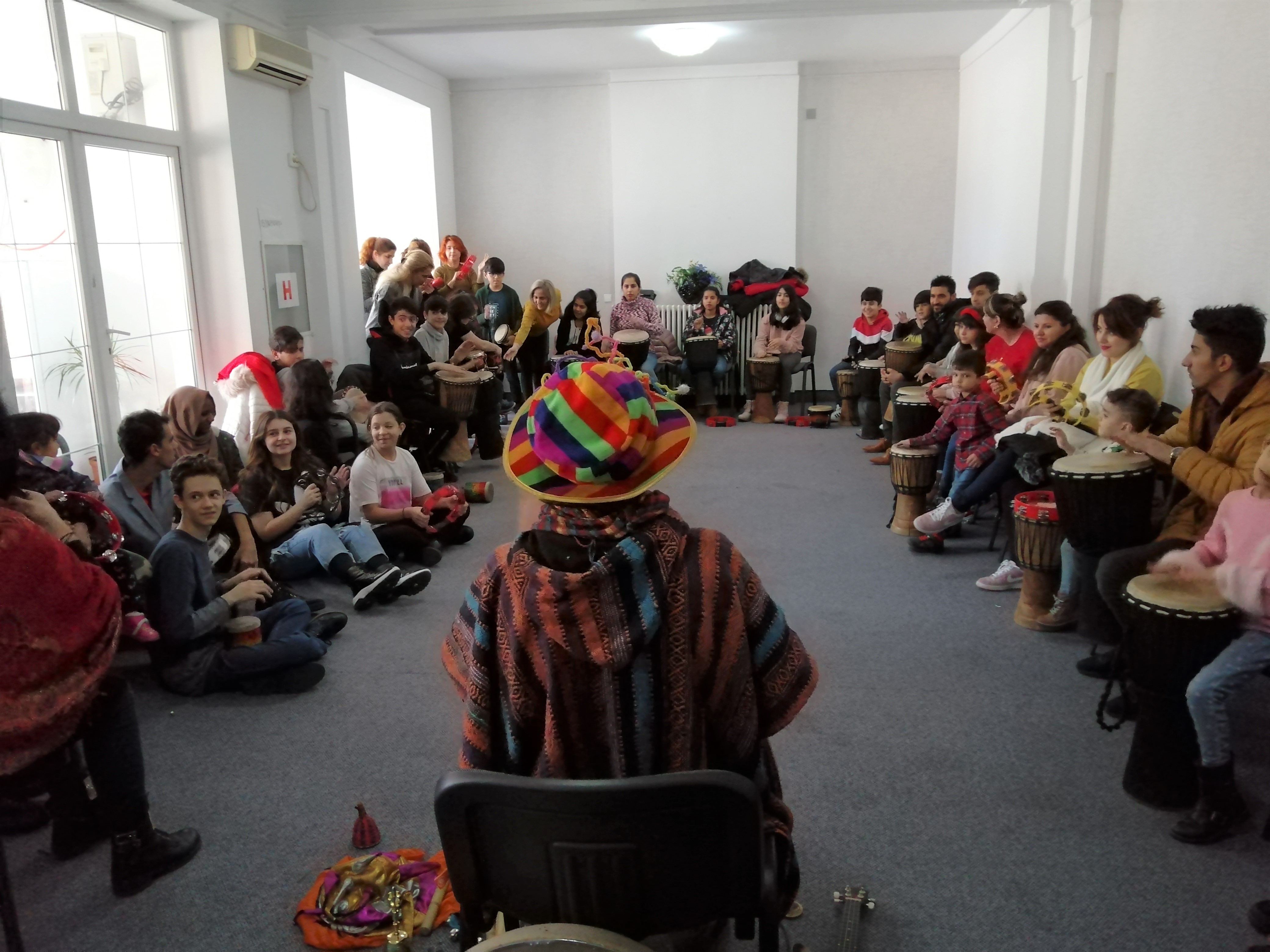(P) Why mentorship works for migrant children: ”Every good friend was a stranger at first”



Why did you choose mentorship as a means of helping migrant children in Romania?
Mentoring is an important concept for Terre des hommes Foundation in Romania, which has been protecting children's rights for over 25 years. We even have a special initiative called Takeover Day (annually in November), but it is also integrated into several projects, as was the case in MINT (Mentoring for Integration of Children Affected by Migration), funded by the European Commission and initiated in Romania in 2019.
The concept is close to us because it involves creating a lasting friendship, which is based on affinities and which helps both parties, in fact. And this happened in MINT and although the project has other important components, I'm glad to talk about it at the beginning. So two years ago Terre des hommes proposed young Romanian volunteers to become mentors for some children who recently arrived from the Middle East (Iran, Iraq, Syria) or Africa, so that the latter can learn more about our culture and learn the Romanian language. (By the way, MINT is a reference to mint tea, a popular drink for those countries.)
Please tell us how hard was it to connect migrant children and Romanian teenagers?
First, in 2019 we selected the young Romanian volunteers for the first series (between 18 and 25 years old) and taught them to interact with children from Iran, Iraq, Syria and other countries (through a training and experiential learning program). Then we all went to museums, movies or trips, young people and children played sports together. Things connected quite easily and naturally once the mentors understood what kind of responsibility they have and that it is not (just) a pleasure activity. The Terre des hommes Foundation (named after a book by Saint-Exupéry) actually mediated the creation of friendships and a learning process in many ways. Because, as the author of ”The Little Prince” said, ”every friend was once a stranger”. It was more difficult during the pandemic when we could no longer meet, but we managed to gather in online meetings.
Could this kind of mentorship be used also by teachers, schools, or other NGOs?
Of course, the peer-to-peer mentoring methodology will soon be available in Romanian for anyone who wants to organize such activities, being replicable for any target group, not just migrants. Those who wish will be able to find the Mentoring Methodological Framework on the platform www.childhub.org or contact us at rou.office@tdh.ch.
Besides mentorship, what were the solutions suggested for these children?
We tried to solve the situations that are most frustrating for them: for example, because they need to learn Romanian, and official courses that are not very accessible to them (either far from their home or too rare), we offered them access to online Romanian language courses, through an application available in 40 languages.
The voice of children has been at the center of the project, in order to sensitize the public. How were the children involved?
We wanted to let them tell their story and that is one of the principles of Terre des hommes. Children and young people were involved in creating videos, participated in the recording of a video about their dreams, but also frustrations related to their education. We also made a video interview with the shocking story of a boy who was moved from one class to another, but each time much lower than his level, because the officials did not show interest in helping him or understand him. You can watch it here.
There have also been advocacy initiatives, why were they necessary?
Foreign children who arrive in Romania often interrupt their education and go through additional humiliation due to cumbersome procedures: they cannot take the exams for reconstituting their school level, in the year in which they are registered as "audients" they do not have access to social scholarships etc. We also wanted to draw attention to these difficulties that exist in spite of the fact that the state guarantees minors (including foreigners) equal access rights to all levels and forms of pre-university and university education, without any form of discrimination (stated in the Law for National Education). There are many changes that can be made, we have made a series of recommendations for the authorities in this regard.
What were you most impressed with this project?
It is a project in which I met wonderful children, and I am referring to those who came from other countries and to Romanians as well. Valuable friendships and many moments of shared joy were born. And this was very impressive for us, who knew the sad stories behind the arrival of these children in Romania and were aware of the uprooting they feel, beyond the difficult material situation in which they are, with their parents. If your readers would like to help us continue to support vulnerable children in several categories in Romania, please send donations on the Rohelp platform.

Article created within the MINT (Mentoring for Integration of Children Affected by Migration) project, co-financed by the European Union, through the Asylum, Migration and Integration Fund, implemented in 2019-2021 under the leadership of the Terre des hommes Regional Office for Europe together with partners from Romania (Terre des hommes Foundation), Czech Republic (Organization for Aid to Refugees), Poland (Fundacja Ocalenje), Slovenia (Slovenska Filantropija).
(p) - This article is an advertorial.